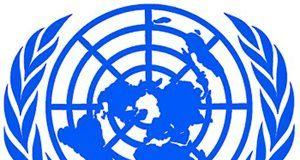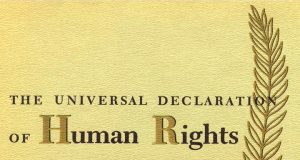Cambodia Human Rights
Cambodia Human Rights: A Struggle for Freedom and Justice
Cambodia, a Southeast Asian nation with a tumultuous history, is in the midst of a complex human rights landscape. This article explores the state of human rights in Cambodia, highlighting the challenges the country faces and the ongoing efforts to promote and protect these fundamental rights.
1. Historical Context
Understanding the human rights situation in Cambodia requires an appreciation of its historical background. The country has faced dark chapters, including the Khmer Rouge regime in the late 1970s, which resulted in mass atrocities, and subsequent periods of conflict and political instability. These historical events continue to shape Cambodia’s human rights landscape.
2. Progress in Human Rights
While significant challenges persist, Cambodia has made progress in several key areas of human rights, including:
a. Economic Growth: Cambodia has experienced substantial economic growth over the past few decades, leading to improvements in living standards, healthcare access, and education opportunities for its citizens.
b. Access to Education: The government has made strides in promoting education and literacy, enabling more children to attend school and pursue higher education.
c. Infrastructure Development: Investments in infrastructure, such as roads and public transportation, have enhanced connectivity and access to services.
d. Efforts Against Human Trafficking: Cambodia has been actively combating human trafficking, with the government working in partnership with international organizations and NGOs to address this issue.
3. Ongoing Human Rights Challenges
Despite these advancements, Cambodia continues to face a range of human rights challenges, including:
a. Political Repression: The political landscape in Cambodia has been marred by restrictions on political opposition, civil society, and freedom of expression. Independent media outlets have been pressured or closed, and political dissent has been met with punitive measures.
b. Land Disputes: Land grabbing and disputes between landholders and powerful business interests remain a persistent problem, affecting the livelihoods of many Cambodians.
c. Labor Rights: Labor conditions, especially in the garment industry, have been criticized for issues like low wages and inadequate worker protections.
d. Judicial Independence: Concerns have been raised about the independence and transparency of the Cambodian judicial system.
e. Freedom of Assembly: The government has placed restrictions on the right to assemble peacefully, leading to concerns about civil liberties.
4. International Engagement
International organizations, including the United Nations, the European Union, and various human rights groups, have been actively engaged with Cambodia to encourage respect for human rights. These organizations provide valuable support and resources to address human rights challenges in the country.
5. Civil Society and Activism
Civil society organizations and activists within Cambodia play a crucial role in advocating for human rights. They work tirelessly to raise awareness, monitor violations, and engage with the government to effect change. These grassroots efforts are vital in addressing human rights concerns.
6. The Path Forward
To further advance human rights in Cambodia, several measures can be taken:
a. Strengthening Democratic Institutions: Fostering transparency, rule of law, and an independent judiciary can help protect human rights.
b. Encouraging Dialogue: Encouraging dialogue and reconciliation between the government and opposition groups can promote political stability and respect for human rights.
c. Land Rights Reforms: Addressing land disputes and improving land tenure systems can protect the rights of vulnerable communities.
d. Labor Reforms: Improving labor conditions and wages can enhance the rights and well-being of workers in various industries.
e. Promoting Freedom of Expression: Enhancing freedom of expression, supporting independent media, and ensuring a vibrant civil society can contribute to a more open and democratic society.
Conclusion
Cambodia has come a long way in advancing certain aspects of human rights, but challenges such as political repression, land disputes, and labor issues persist. The journey toward a more just and equitable society in Cambodia continues, and international support and collaboration remain critical in addressing these ongoing human rights challenges. As the nation grapples with its complex history, the people of Cambodia are striving for a brighter future where human rights are upheld, and individuals can live in dignity and freedom.
Cambodia Human Rights
Human rights in Cambodia are virtually non existent though there are various organizations set up throughout the country. ADHOC (The Cambodia Human Rights and Development Association) is one such organization whose purpose is to support the citizens against discrimination and lack of basic human rights. Cambodia does not have a specific government department to support basic human rights. It does have a department to support women and children, but it does little to enforcement their rights.
Law supporting human rights in Cambodia are guided by the United Nations. In 1993, the United Nations appointed a Special Representative of the Secretary-General for Human Rights and the United Nations High Commissioner for Human Rights opened offices in Cambodia with little results even 20 years later. There are major human rights violations that go unreported due to lack of assistance by police and government officials.
Violations by government officials are vast. Numerous people have filed complaints only to undergo criticism from the officials. Women and children virtually have no rights.
A history of tortures, arrests, illegal detentions, land rights and forced evictions are ongoing. In 2012, Chut Wutty was shot to death for defending land a protected forest. Police officials will often find human rights defenders and charge them with bogus violations. When police officials interview witnesses, the stories will change making the human rights defenders appear guilty. There are restrictions on freedom of expression, freedom of assembly, and freedom of association found throughout the country. However, there have been numerous assignations of prominent figures, journalists, and celebrities.
Progress in changing the rights of people in slow performance been held by Cambodia. In 2011, Cambodia finally put a ban on immigration to Malaysia because of allegations of abuse, but it was only a temporary ban rather than permanent. Indonesia banned workers migrating to Malaysia in 2009 because of the conditions. Defenders of human rights have been under attack threats against their lives against Universal Declaration of Human Rights (UDHR).
The citizens of Cambodia have an upward struggle for the basic of human rights. Women are not treated fairly and can only have a job as a domestic. Spousal abuse and abuse against women are some of the leading complaints. However, the government rarely prosecutes the offenders. Men who are land owners fight to keep their land if the government wants it often resulting in being forcibly removed. The Human Rights in Cambodia are in such a dire state that even government officials who are fighting for the basic rights are often ousted.
While the United Nations has stepped in to help the citizens of Cambodia achieve the basic human rights they deserve, many government officials fail to uphold and prosecute the offenders. The Universal Declaration of Human Rights (UDHR) is not treated as a serious pronouncement. The government of Cambodia must be held to higher standards. They must treat its citizens, at minimum, with the basic human rights each person deserves.

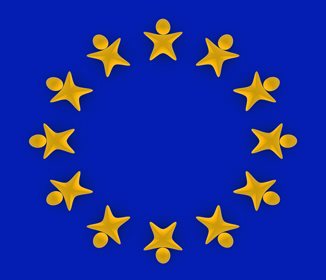
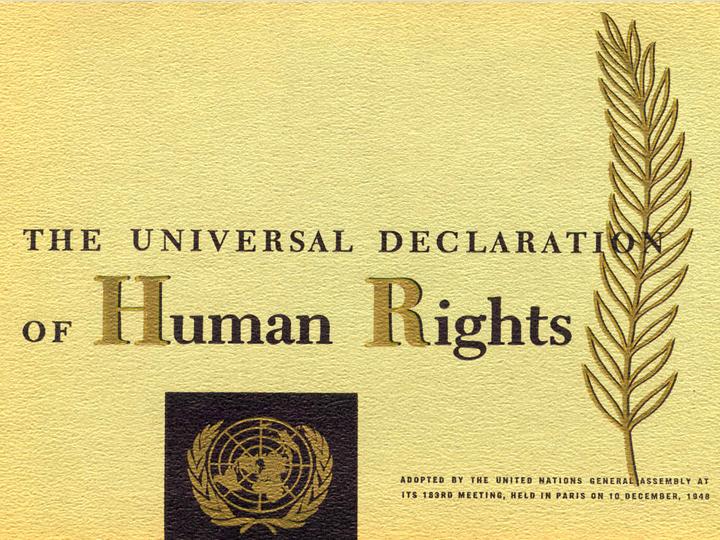
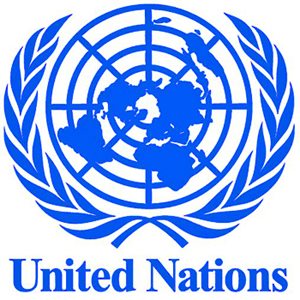
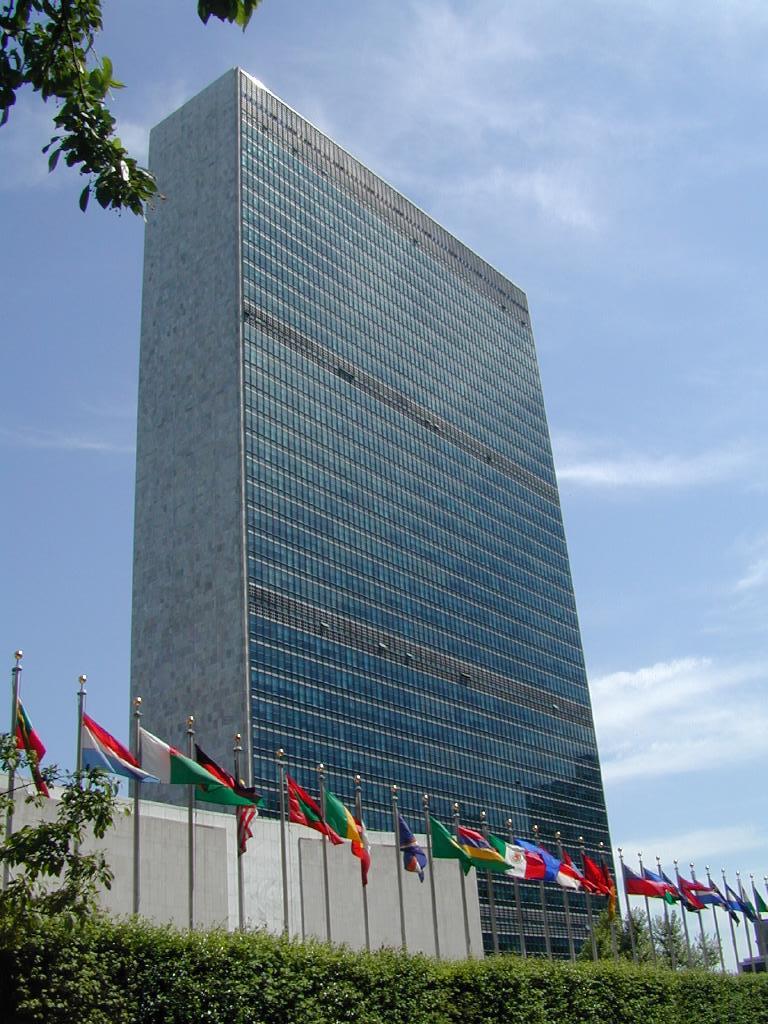 The United Nations has had considerable success in the social arena, fostering human rights, economic development, decolonization, health, education, assisting refugees, and ensuring fair trade. The United Nations is quite remarkable, as they were able to garner such support and confidence from the very beginning.
The United Nations has had considerable success in the social arena, fostering human rights, economic development, decolonization, health, education, assisting refugees, and ensuring fair trade. The United Nations is quite remarkable, as they were able to garner such support and confidence from the very beginning.
